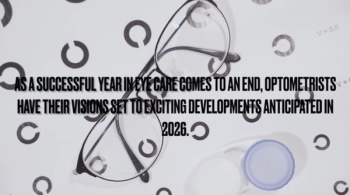
Evidence based methods improve compliance in glaucoma patients
Problems with medication persistance and adherence are common among patients with glaucoma and have many possible causes.
"We know glaucoma medications only work if the patients use them, but our efforts to improve poor adherence must recognize that this behavior has no single cause. Understanding the barriers and risk factors for poor adherence and persistence is the first step toward identifying problems and helping patients to improve. Then, we must sustain our interventions with ongoing reinforcement," Dr. Yumori said.
She reviewed the literature on persistence and adherence among glaucoma patients as the basis for providing evidence-based recommendations on methods to improve compliance. Dr. Yumori divided the approaches into four categories: increasing knowledge, providing motivation, improving patient skills, and assuring access/follow-up to medication and eye care.
Dr. Yumori's tips for increasing knowledge are centered on both providing patients with information about their disease and providing ways for optometrists to understand the patients' medication use and existing obstacles. When interacting with patients on these issues, optometrists need to realize that their beliefs and behaviors influence patient adherence. Also, in order to elicit accurate information from their patients, optometrists may need to work to improve their communication skills.
Beginning with the assumption that most patients are non-adherent, optometrists should use open-ended questions formulated with simple language to identify adherence issues. They should also remain nonjudgmental in their reactions to the responses they receive.
"Acknowledge difficulties with adherence and compliment success," she said. "Recognize that English proficiency and health literacy are barriers to adherence and use an interpreter as needed."
Newsletter
Want more insights like this? Subscribe to Optometry Times and get clinical pearls and practice tips delivered straight to your inbox.













































.png)


